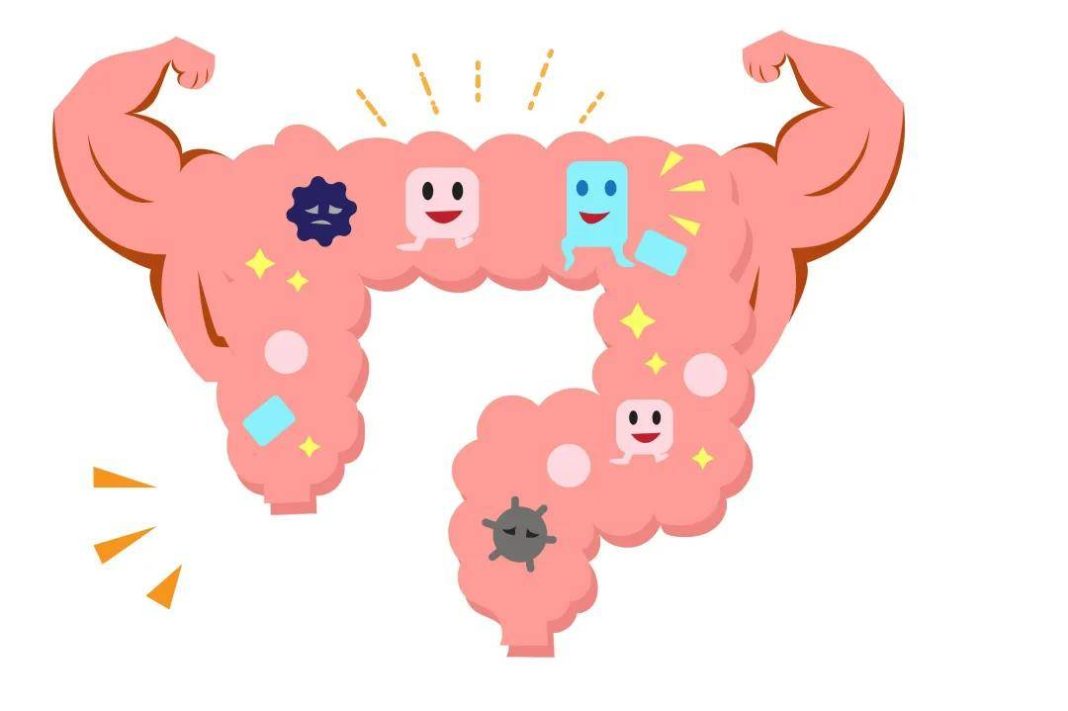Xiao Dong is 18 years old this year and has been diagnosed with depression. During the medication treatment process, the child feels weak and experiences gastrointestinal discomfort. The parents saw advertisements online and heard from others that probiotics can treat depression without side effects. Therefore, they want to stop using medication and treat the child’s depression with probiotics. They came to my clinic for consultation based on recommendations from others.
Indeed, there may be some adverse reactions during the use of medication. I deeply understand the parents’ concerns and anxieties. After all, parents eagerly hope for any method that can naturally and without side effects help children overcome emotional lows. However, I want to emphasize that although scientists have indeed found interesting connections between probiotics and mental health in recent years, especially in relation to depression, it does not mean that probiotics can completely replace traditional drug treatment.
First
It is important to note that probiotics are not a cure-all. In recent years, a series of research results have found a potential link between depression and gut microbiota. Gut microbiota affect the pathogenesis of depression directly and indirectly, with one key pathway being the regulation of tryptophan metabolism. While probiotics play an important role in our gut, not all probiotics show positive effects in all situations. Probiotics cannot directly treat depression; they only play a small part in treating depression, more like an auxiliary method that helps improve the gut environment, indirectly influencing our emotional state.
Secondly
Depression is a complex psychological illness, with causes involving genetics, environment, physiology, and more. Therefore, treating depression requires consideration of multiple factors and the use of multiple approaches. Drug treatment is an important method as it can directly affect neurotransmitters in the brain, improving the patient’s emotional state. While probiotics help improve the gut environment, their mechanism of action is relatively complex, and their effects vary from person to person.
Additionally
Patients who hope to comprehensively improve depressive emotions through probiotics should fully understand the product’s ingredients, dosage, applicable population, etc. Based on a series of comprehensive treatment measures, choose a probiotic product that suits oneself. Due to the wide variety of probiotic products on the market, select products that have been scientifically validated and have a significant effect on improving emotions, ensuring that the chosen product truly meets one’s needs.
Lastly
I would like to remind parents that before deciding to stop medication and switch to probiotics, it is necessary to consult a professional doctor’s opinion. The doctor will provide the most appropriate advice based on the patient’s specific situation and considering multiple factors.
Furthermore, parents should cultivate a healthy lifestyle for their children, pay attention to changes in their emotions, communicate with doctors in a timely manner, and work together to escort their children’s mental health.
Source: Dongguan Seventh People’s Hospital


